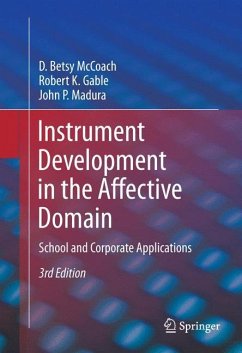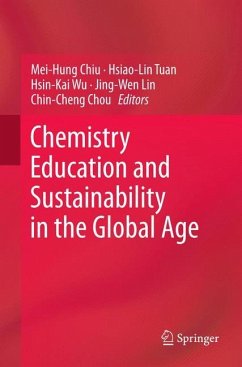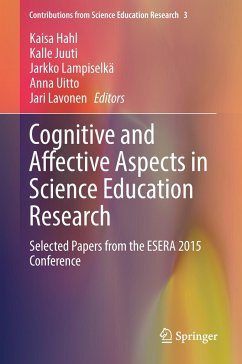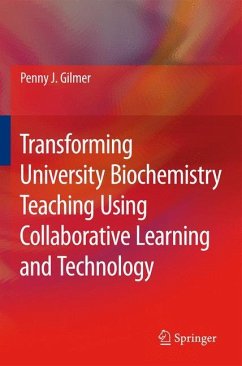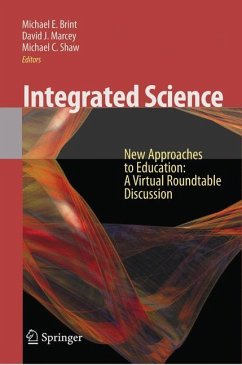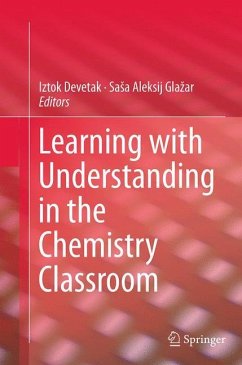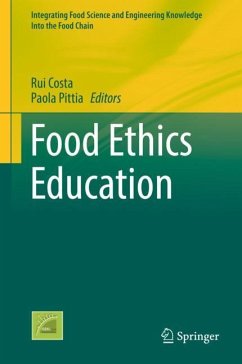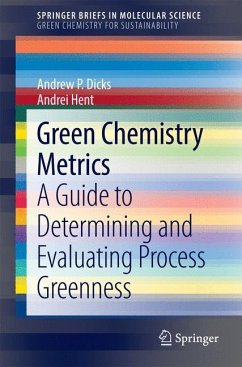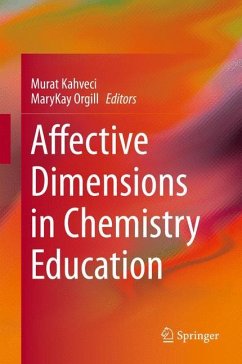
Affective Dimensions in Chemistry Education

PAYBACK Punkte
38 °P sammeln!
This is a unique resource for those wishing to address the affective domain as they research and solve problems in chemistry education. Contributions by world-leading experts cover both fundamental considerations and practical case studies. This work fills a gap in the literature of chemistry education, which so far has focussed mainly on the cognitive domain. The affective domain refers to feelings-based constructs such as attitudes, values, beliefs, opinions, emotions, interests, motivation, and a degree of acceptance or rejection. It can affect students' interest in science topics and their...
This is a unique resource for those wishing to address the affective domain as they research and solve problems in chemistry education. Contributions by world-leading experts cover both fundamental considerations and practical case studies. This work fills a gap in the literature of chemistry education, which so far has focussed mainly on the cognitive domain. The affective domain refers to feelings-based constructs such as attitudes, values, beliefs, opinions, emotions, interests, motivation, and a degree of acceptance or rejection. It can affect students' interest in science topics and their motivation to persevere in learning science concepts.







